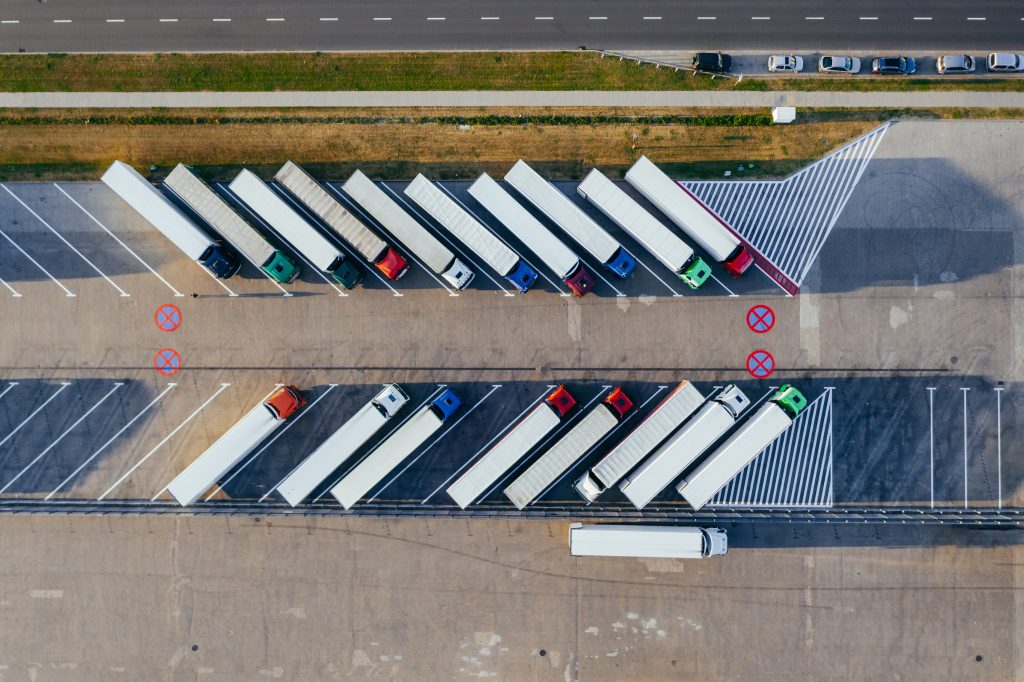
A lot of things are up in the air in light of the COVID-19 pandemic. If your business had just decided to put money down on future investments, or didn’t have much squirreled away to begin with, it can be difficult to trust the market to keep your business going steady—no matter if you’re an independent O/O or a fleet owner.
A survey Overdrive sent out in May found that their readers’ number one concern was freight pricing. Their second biggest concern? Cash flow.
These issues are pretty severely entangled with one other. Recently, we’ve seen some owner/operators in the perfect positions, geographically, start making money hand over fist, whereas other O/Os (only a couple thousand miles away) lost money every day driving half-full or even totally empty trucks. While there is some strategy available to maximize your business success during this uncertain time in freight, there are some problems that won’t budge without a heap of capital behind them.
Below, read our guide on the best ways to find financing during the pandemic.
Start with a PPP Loan If You’re Eligible
Paycheck Protection Program loans from the government’s Small Business Administration are, hands down, one of the most cost-effective ways to finance your business. These loans are designed to help small businesses pay their employees while the economy is slowed due to the coronavirus. As long as you do the proper research and only spend PPP loan funds on designated expenditures, your loan will be entirely forgiven once the term ends.
Unfortunately, these loans don’t always have the best legs. For some employers, a PPP loan will make sure you and your employees keep getting paid, but only for a time period of two to three months. But if your business hasn’t picked back up by that time, what will you do?
Research Private Lenders
If you haven’t been able to get a hold of a PPP loan, or you’re worried about what will happen once that loan runs out, it’s time to start researching and comparing private lenders. Financing is an important part of the job as an independent owner/operator, fleet manager, or truck dealership.
Most people won’t have $40,000 to $100,000 lying around to purchase a new rig for their business outright, and dealerships will always need large amounts of capital to meet the fluctuating demand for different semi tractor-trailer models. As a result, financing purchases has become the norm for O/Os and dealerships alike. While it can be more difficult to find favorable options as a dealership owner, there are plenty of options available to someone looking for private financing for a dealership.
Keep Your Eyes Open for Bad Deals
When financing a new truck, it’s crucial to take the process slowly and read all of the literature given to you by the lender. For the most part, your options as a future owner/operator include either taking an upfront traditional loan to finance your truck, or you can lease a truck for a certain period of time. Often, the comparison between these two options can be where a bad faith lender will try to take advantage of truckers new to the game—so it’s especially important to research which of those options best suits your lifestyle before you ask for cash.
Long leases will generally be more expensive in total than conventional loans, and they’ll leave you with no property to sell at the end of the deal to help recoup what you’ve paid. But if you’re worried about the market or expect to spend only a fixed amount of time in trucking, leasing your truck has the potential to be the most cost-effective option.
If You’re Buying, Save as Much as You Can Ahead of Time
The logic here is simple: Any money you can put down on your truck on Day 1 is money you don’t have to pay interest on. In addition to your credit history, having a large amount of capital on hand can act as collateral and help you get the best possible loan package. Plus, truck costs won’t quit once you’ve got your truck all to yourself. The first months with a new truck will inevitably be filled with small optimizations—technology changes, small additions, and the occasional stylistic upgrade. In order to make your truck the most comfortable and efficient it can be, you’ll need some cash set aside.
Contact a Lender You Can Trust
Always choose a lender with a long history in the business. Mission Financial has been providing truck financing for decades to owner/operators, dealership owners, and even capital to help keep your commercial fleet up and running. Contact us if you still have questions about the best ways to stay afloat throughout the coronavirus pandemic.







